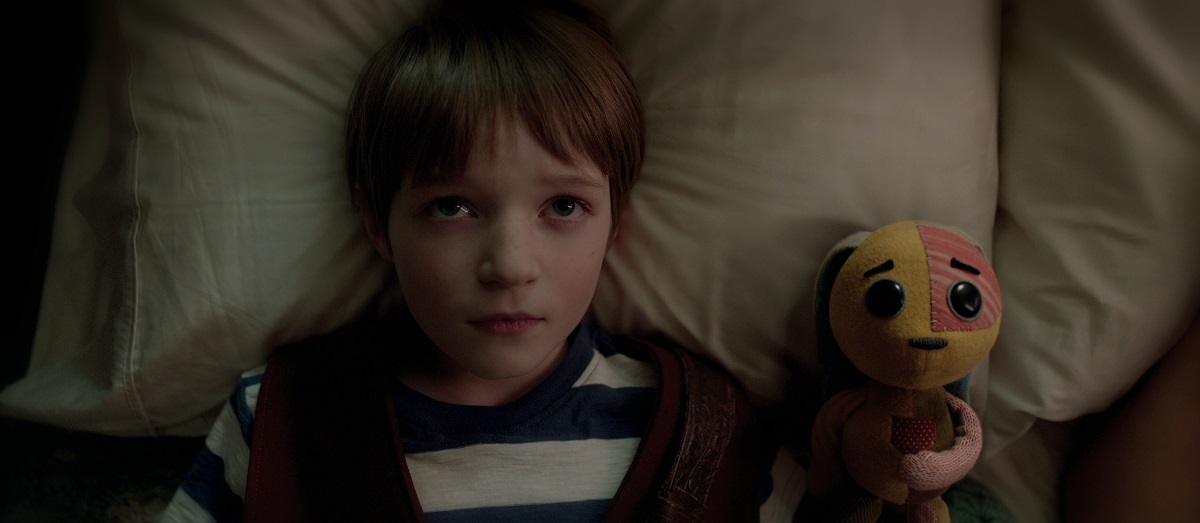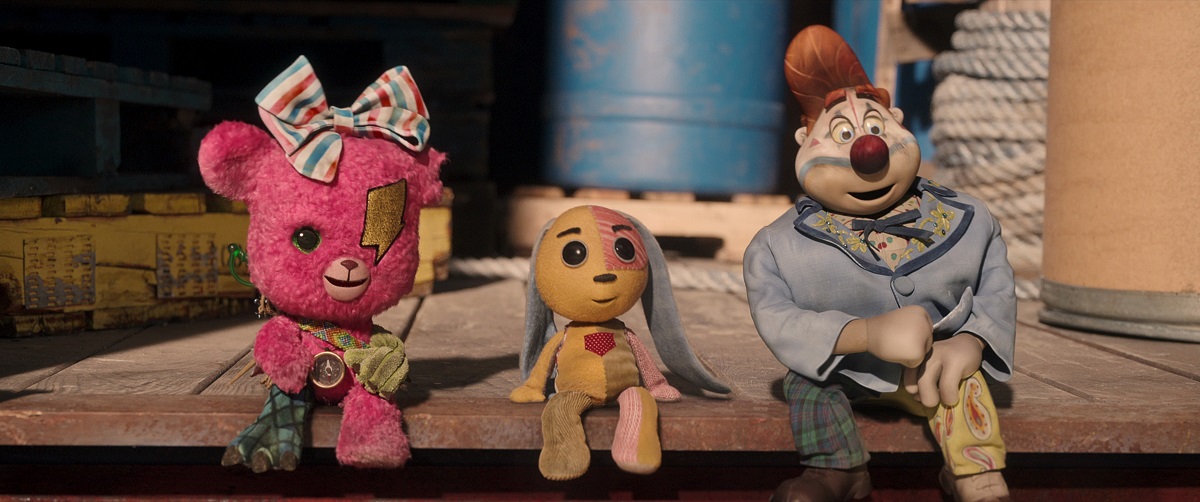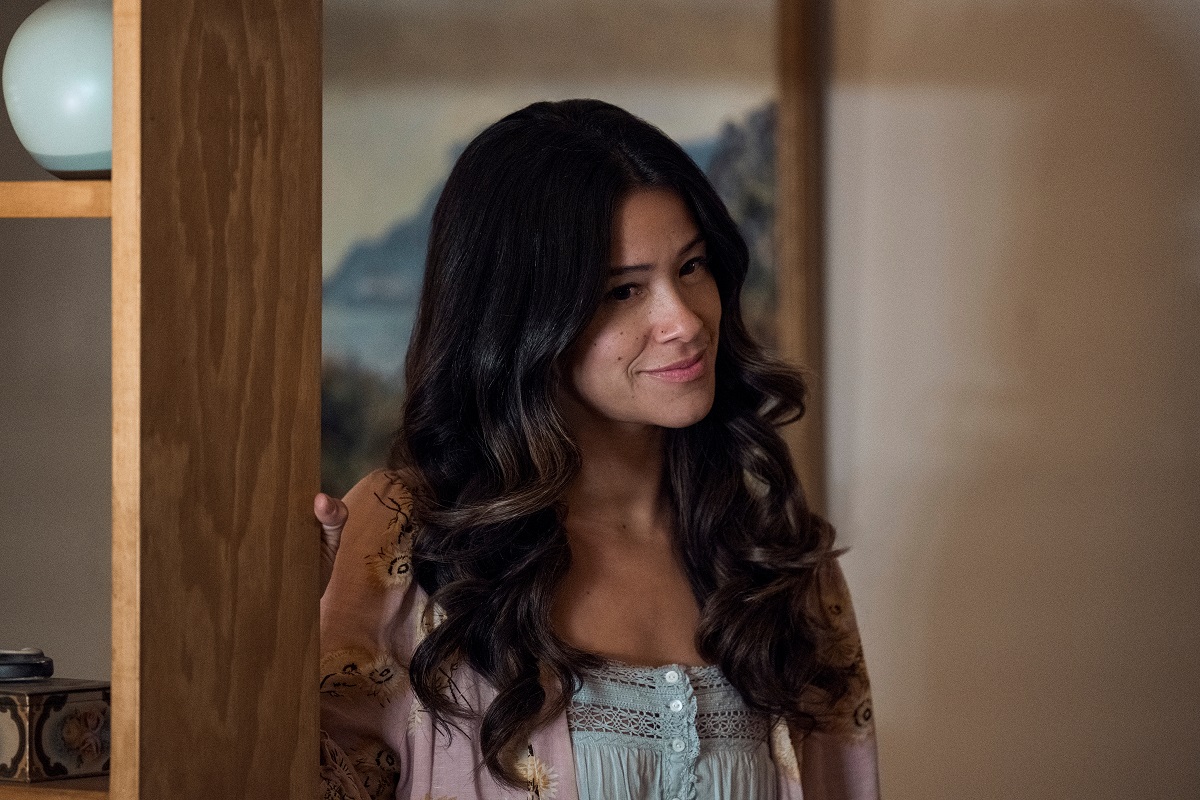When I was just shy of twenty, I was going to college in Los Angeles. I was an awkward boy from the Midwest who had never had a real girlfriend and didn't have an inkling of what I wanted to do with my life. Other than not be the person I'd become if I stayed in my hometown. Within a year, I was doing stand-up and working as a writer's assistant on a staggeringly terrible sitcom. And in what must have qualified as a genuine Hollywood miracle, I was in love. Susan was this funny, smart and outgoing blonde who was the type of lanky California beauty that prompted strangers to ask her if she was an actress. And for whatever irrational reason, she loved me back.
We had rented an apartment in a vaguely sketchy part of town and spent our nights imagining what our lives would be when we were rich and famous. My life was as close to perfect as I could have imagined until the evening I came home from doing a set to find her sprawled awkwardly across the bed. Based on what I learned later, someone had broken into what they thought was an empty apartment and robbed us. But not before they had assaulted her and left her for dead.
I experienced pain and loss at a depth that scares me even now. I walked away from friends and my work to go down a dark path I've mostly managed to block out. I didn't want to die. I wanted to embrace as much pain as possible because that was all I thought I deserved to feel. It took a long time to find my way back and I hurt some wonderful people along the way. But now 40 years or so later, I've been happily married for more than 20 years, have an extraordinary son and work that fulfills me.
And that's the thing about loss. It strips away the artifice from your life and forces you forward. It clarifies the kind of person you can become - for better or worse. We all know people who can't get past their specific loss. A family member, a relationship, a dream. They spend the rest of their lives unable to process their grief, unwilling to find the beauty that still lives in the world. Because as horrific as a serious loss can be, it opens up the possibilities of great joy. It's difficult to fully appreciate love until you've felt what it's like to lose it. Or know the joy that comes from doing work that feels as if it was what you born to do unless you've trudged through jobs that grind down your soul.
Experiencing loss is gutting. But it's also a core component of what makes us human.
Loss is at the center of Lost Ollie, a spectacular four-part series that premieres August 24th on Netflix. Inspired by the William Joyce book Ollie’s Odyssey, the series centers around Ollie (Jonathan Groff), a stuffed toy bunny whose owner Billy (Kesler Talbot) loses him. Ollie begins a desperate search for his best friend, while Billy longs to be reunited with the bunny that is much more than a toy.
Ollie wakes up in a second-hand store and remembers only glimpses of his old life with Billy. But he feels this visceral compulsion to be reunited with the young boy and that drives him forward in search of his former life. Along the way he meets Zozo (Tim Blake Nelson), a former carnival Midway toy that agrees to help him and Rosy (Mary J. Blige), an angry and resentful pink bear who we later learn is dealing (or failing to deal with) her own special loss and pain. Their travels are intercut with memories from Ollie's life with Billy, which provides some context for Ollie's obsession with his human friend. We learn early on that Billy's mother (Gina Rodriguez) is ill and her struggle colors the way Billy and his father (Jake Johnson) interact. They both love each other, but don't have the vocabulary to express their fear, much less comfort each other.
The first two episodes have the tone of a classic Spielberg-inspired film. Sadness, mixed with fear, wonder, and a sense of unexpected exploration. The colors are bright and the tone is optimistic. It feels like there's a real chance Ollie and Billy can find each other again. But Lost Ollie takes a darker turn in episode three as one of his new companions struggles with their loss while Ollie battles doubts about whether his relationship with Billy was as special as he remembers. There is anger, betrayal and the unexpected kindness that comes from good people struggling to find their way again. Those events set up an ending that is truly unexpected, with a call-back to other moments in the show.
Series creator Shannon Tindle accomplishes the difficult task of juggling a lot of different emotional threads without any of it feeling manipulative or predictable. And as the episodes unwind, it becomes clear that the question all of the characters wrestle with is an elemental one for all of us: can we move on from our loss if the answers we get aren't the ones we needed?
I don't want to say much more, because it would be a crime to spoil any of the arc of Ollie's story. But I found myself watching it again rather quickly, seeing it with a new perspective given that I knew where the story was headed. What struck me about the show the second time around was how each major character - human or CG puppet - was battling with his or her own feelings of loss. Some more profound than others, but Lost Ollie is at its best when it shows the range and depth of loss and the way it impacts everyone. It's an impressive dance and one that reveals new emotional beats the second time around.
There isn't a weak performance in the cast, but I have to highlight Gina Rodriguez, who is absolutely incandescent in every scene. It's easy to see why Billy and his father are so in love with her and she becomes one of the emotional centers of the story. She is often much better than the roles she's been given, but "Momma" gives her the opportunity to showcase the humanity and kindness that weaves through all of her acting.
I also want to mention the look of Lost Ollie, which is often quite magical. It's a mix of live action and CG that is seamless and while my initial reaction was "how did they do this?," within a minute or two I had gotten lost in Ollie's story. It's technology in service of the story, not in place of one.
And I have to point out the clever use of the Boudleaux and Felice Bryant song "All I Have To Do Is Dream." The song was made famous by The Everly Brothers, who took the song to #1 in 1958. While the song wasn't the first choice when Lost Ollie was being put together, it's impossible to imagine a song better suited to the haunting pain of the show:
I need you so that I could die
I love you so and that is why
Whenever I want you, all I have to do is
Dream
Not only are the lyrics of the song a touchpoint for the emotion of the series, the song is also an unexpected twist in one of the storylines, which makes its use resonate even stronger across the four episodes.
As a critic, there is nothing better than being surprised. I am not embarrassed to admit that I was expecting to watch a solid, but unsurprising story about a boy and his lost stuffed animal. Instead, I watched a four-episode master class on what it means to hurt and to learn to move on.

